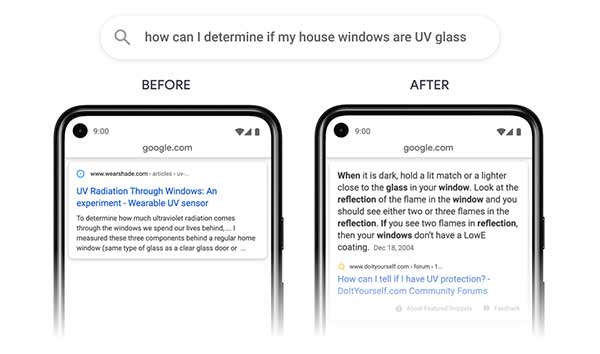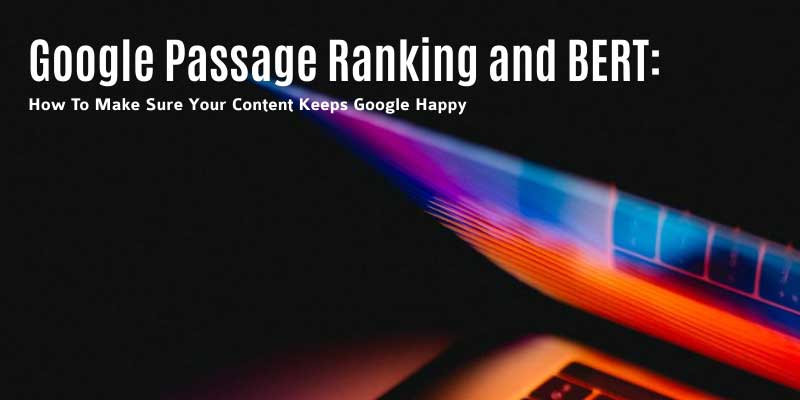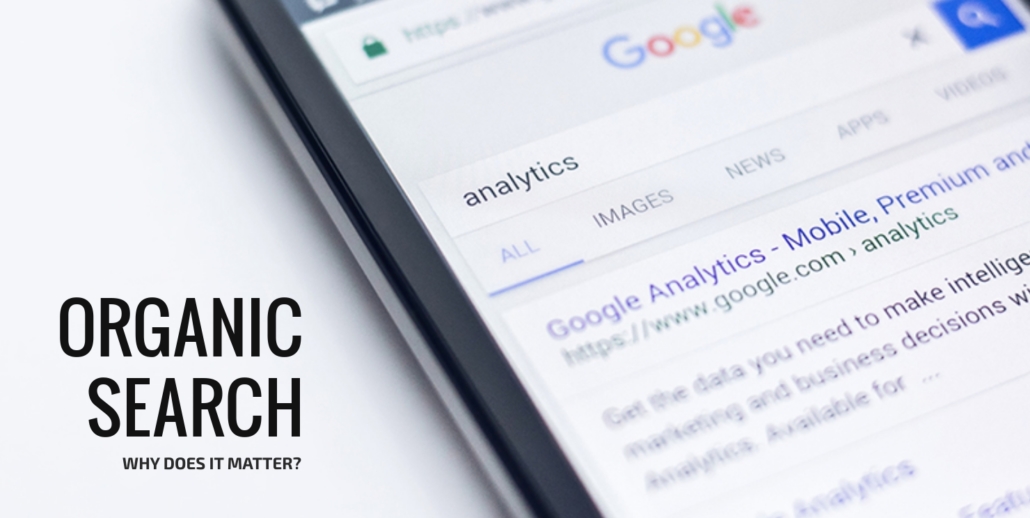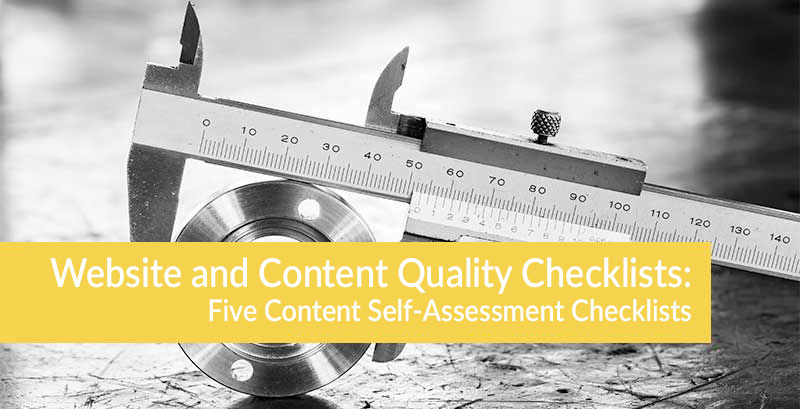Give Google and your readers readable, relevant, and high-quality content
During their Search On livestream, Google made some key announcements about Google Search. This Google Search information matters to content writers, SEO strategists, website owners, product marketers, digital marketers, and anyone who wants to get found and ranked in Google search engine results.
Google covered a lot in their October announcement, but I want to drill down into the information that really matters to you and can help you get found, noticed, ranked, and clicked. For a solid overview of the Google announcement, read this Barry Schwartz article – Google Search Announcements: BERT, Passages & Subtopic Indexing & More.
Our mission is to help you give Google and readers what they want. So, in this blog I give you the information you need to know about BERT, passage ranking, and content optimization.
What is Google BERT?
Google BERT lets computers understand language just like humans do. Google BERT uses natural language processing (NLP) pre-training to better understand search queries.
BERT stands for Bidirectional Encoder Representations from Transformers.
Google launched BERT in October 2019. And in October 2020 Google said, “Today we’re excited to share that BERT is now used in almost every query in English, helping you get higher quality results for your questions.”
The good news for you is Google is better at understanding your content and how it answers the questions people ask.
Last year when I explained How Google BERT Impacts Your Search Engine Results, I told you how optimize your content for BERT:
- Write simple, clear, high-quality, and succinct content that gives users the information they want and need.
- Put a priority on narrowing your target keywords and queries so you can meet search intent.
- Use topic clusters to establish authority and visibility for topics central to your product, services, and company brand.
These keys to content optimization are even more important now that Google BERT is used for almost every single English-based Google Search query.
What is Google Passage Ranking?
Google passage ranking is how Google interprets specific passages in your web content and its relevancy. Google explains passage ranking as:
Very specific searches can be the hardest to get right, since sometimes the single sentence that answers your question might be buried deep in a web page. We’ve recently made a breakthrough in ranking and are now able to not just index web pages, but individual passages from the pages. By better understanding the relevancy of specific passages, not just the overall page, we can find that needle-in-a-haystack information you’re looking for. This technology will improve 7 percent of search queries across all languages as we roll it out globally.

This announcement about passage ranking caused quite a stir and in his Friday video, Google’s John Mueller clarified what passage ranking is and isn’t:
“It’s more about ranking these passages from existing pages rather than indexing them individually. So more about recognizing this is a big page and this is a part of the page that is particularly relevant to this query that is coming, so we’ll focus on that part of the page.
So, it’s not that there’s a separate passage index or anything like that involved. It’s really more about understanding the page and the different parts of the page and being able to recognize which of those parts are relevant for the user’s query.”
Mueller also emphasized that you cannot optimize your content for the new passage ranking:
“If you already have clean pages, if they’re already easy to recognize by search engines, if they have clean titles and headings and they focus on individual topics then that’s essentially what search engines need to be able to understand what this page is about and when to show it to users.”
This is key. You need to continue focusing on giving Google and your readers relevant, high-quality, and readable content.
How To Give Google and Your Readers Relevant, High-Quality, Readable Content
The recent Google Search announcement and the upcoming 2021 Page Experience algorithm changes emphasize how important it is for your content to be relevant, readable, and high-quality.
To deliver relevant, readable, and high-quality content, use these 6 content optimization techniques:
- Write content that delivers on Search Intent. You need to know the questions, concerns, and information your readers want from Google and write content that gives them what they need.
- Write like you speak. Imagine you’re explaining your blog/article topic to another live human. In your content, use simple and obvious language just like you do when you’re speaking. People want to connect with you through your words – so use conversational, friendly, and jargon-free words.
- Make your content is easy on the eyes. Your content needs to be highly readable on a range of devices. This means you need to include white space, short paragraphs, simple sentences, lists, subtopics, and headers.
- Use your keywords naturally. Google and your readers are very smart. They can quickly recognize keyword stuffing and page content that lacks substance and relevancy. Don’t cram keywords and phrases into your content. If the keyword phrase is awkward – use a relevant variation or look for a better keyword option. When it comes to keywords – less is more.
- Write clear and obvious page titles and meta descriptions. Think of your page titles and meta descriptions as the first impression you give your readers and Google. You want to connect, describe what you offer, and leave them wanting more.
- Write content that fits the topic. Too many people get caught up in word count and page length. Forget this. Do your research. Write an outline. And then write your content. Don’t add extra words to meet a specific word count. Write naturally and stop when you have told the reader what they need to know.
Remember, you’re not writing content for yourself or your colleagues. All of your content, including your website content, email newsletters, and social media posts must help your readers.
There are a lot of changes happening with what Google wants and how it understands your content. Don’t get bogged down in the details. Stick to providing relevant, readable, and high-quality content.
The Know Agency team is here for you. Call (888-241-4205) or email us – we are listening and ready to help.



